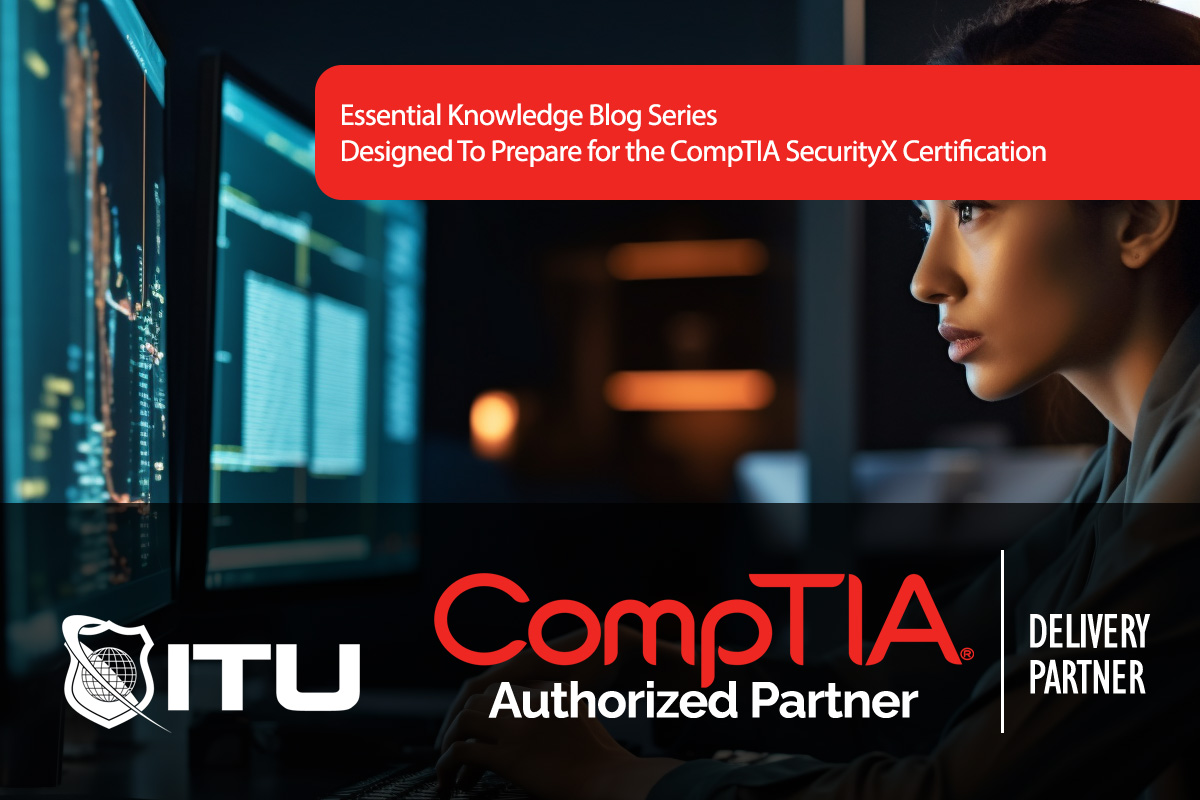What is Bias in AI?
Definition: Bias in AI Bias in AI refers to the systematic and unfair favoritism or discrimination that can occur when an artificial intelligence (AI) system produces results that are skewed

The Payment Card Industry Data Security Standard (PCI DSS) is a globally recognized security standard designed to secure cardholder data and protect it from misuse. Developed by the Payment Card Industry Security Standards Council, PCI DSS specifies security measures for organizations that handle credit card transactions, ensuring they implement the highest levels of data protection to mitigate risks associated with payment data breaches.
In the context of CompTIA SecurityX certification, particularly within the Governance, Risk, and Compliance (GRC) domain, professionals must understand how standards like PCI DSS shape information security strategies. Knowledge of PCI DSS requirements prepares candidates to implement robust security controls and align them with regulatory standards, an essential skill for ensuring compliance in organizations dealing with payment transactions.
PCI DSS is structured around 12 core requirements, each focusing on critical aspects of securing cardholder data. These requirements fall under six control objectives aimed at ensuring a comprehensive security posture:
Understanding these requirements for SecurityX helps professionals recognize the critical areas of security necessary for protecting sensitive financial data, aligning with CompTIA’s focus on governance and compliance within enterprise environments.
For organizations handling payment transactions, adherence to PCI DSS is mandatory. Non-compliance can lead to significant financial penalties, reputational damage, and legal ramifications. SecurityX certification prepares candidates to architect, implement, and manage these compliance-driven security controls, which are crucial in a business context where payment data protection is both a legal requirement and a strategic priority.
By embedding PCI DSS requirements within an information security strategy, organizations can achieve a dual purpose—securing sensitive data while also aligning with the mandated compliance framework. SecurityX candidates should be well-versed in PCI DSS, as it exemplifies how regulatory standards shape comprehensive security practices across industries.
PCI DSS stands for Payment Card Industry Data Security Standard, a globally recognized framework developed by the PCI Security Standards Council to protect cardholder data. It applies to any organization that processes, stores, or transmits credit card information, mandating specific security measures to safeguard sensitive data.
PCI DSS compliance is essential to prevent data breaches, maintain customer trust, and avoid penalties. Non-compliance can result in substantial fines, reputational damage, and even legal consequences, making adherence critical for businesses handling payment transactions.
The PCI DSS framework includes 12 requirements focused on areas such as maintaining a secure network, protecting cardholder data, implementing strong access control measures, regularly monitoring and testing networks, and maintaining a comprehensive security policy.
PCI DSS shapes security strategies by setting mandatory security controls, such as encryption, network monitoring, and access management, to ensure cardholder data is protected. This compliance standard drives organizations to adopt best practices and a proactive approach to security.
PCI DSS compliance directly supports risk management by enforcing controls that reduce the likelihood of data breaches and unauthorized access to payment information. Compliance measures like vulnerability management and regular audits help organizations stay ahead of emerging threats.
Lorem ipsum dolor sit amet, consectetur adipiscing elit. Ut elit tellus, luctus nec ullamcorper mattis, pulvinar dapibus leo.
$49.99 Original price was: $49.99.$16.99Current price is: $16.99. / month with a 10-day free trial
Definition: Bias in AI Bias in AI refers to the systematic and unfair favoritism or discrimination that can occur when an artificial intelligence (AI) system produces results that are skewed
The Data Link Layer is the second layer of the OSI (Open Systems Interconnection) model and plays a crucial role in ensuring reliable node-to-node communication within a network. Positioned just
Definition: Network Topology Network topology refers to the arrangement or layout of various elements (nodes, links, etc.) in a computer network. It defines how different devices (computers, routers, switches, etc.)
Definition: KISS Principle The KISS Principle, an acronym for “Keep It Simple, Stupid,” is a design philosophy that emphasizes simplicity in systems and solutions. The concept advocates for avoiding unnecessary
Definition: SIEM Integration SIEM Integration refers to the process of connecting a Security Information and Event Management (SIEM) system with other security tools, applications, and data sources to centralize the
Definition: Delphi Technique The Delphi Technique is a structured communication method used to gather insights, opinions, or forecasts from a group of experts through a series of iterative questionnaires. It
In cloud computing, a spot instance is a virtual machine (VM) instance offered by cloud providers at a significantly reduced cost, designed to use excess capacity that would otherwise remain
Definition: New Technology File System (NTFS) The New Technology File System (NTFS) is a proprietary file system developed by Microsoft for its Windows operating systems. Introduced with Windows NT in
Definition: Data-at-Rest Encryption Data-at-rest encryption is a security technique that protects stored data on devices or storage systems, such as hard drives, databases, or cloud storage. This encryption converts data
Definition: Network Endpoint A network endpoint is any device or node that serves as a connection point within a network, capable of sending, receiving, or processing data. These endpoints can
Definition: Bandwidth Reservation System A Bandwidth Reservation System is a technology or mechanism designed to allocate and manage network bandwidth efficiently by reserving specific amounts of bandwidth for certain applications,
Definition: WYSIWYG WYSIWYG, an acronym for “What You See Is What You Get,” refers to a system or software interface where the content displayed during editing closely matches the final
ENDING THIS WEEKEND: Train for LIFE at our lowest price. Buy once and never have to pay for IT Training Again.